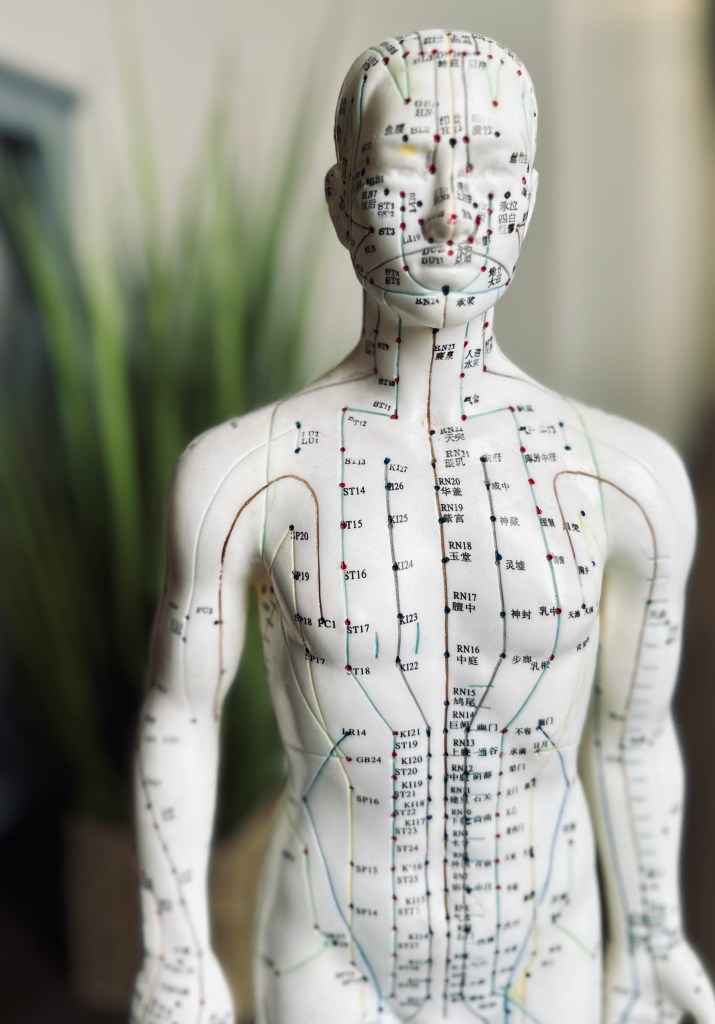

Does Acupuncture Hurt?
The idea of needles being stuck into the skin is daunting, but acupuncture needles aren’t anything like needles that are used for immunizations or for drawing blood.
Acupuncturists describe the needles as hair-thin, stainless steel, and disposable. While you may feel some sensation as the needles are inserted, it’s not described as painful. Some sensations you may feel have been described as:
- Heavy—as if a weight is being placed on the area, but is perceived as calming, not oppressive.
- Achy—an initial achiness at the site of the needle, which typically dissipates in seconds.
- Electric—a quickly disappearing jolt related to the location of an acupuncture pressure point and the nerve that lies underneath it.
- Tingly—acupuncture points can cause tingling at the site and through the body.
- Warm—a pleasant feeling that spreads around the acupuncture point.
The bottom line is that while acupuncture can cause some unusual sensations, it shouldn’t hurt. If it does, let your acupuncturist know right away so the needles can be adjusted.
What Risks are Associated with Acupuncture?
When acupuncture is done correctly by a licensed practitioner, the risks are low. Acupuncture should be done in a clean environment, using clean, disposable and unbreakable needles.
According to the NIH, few complications from acupuncture have been reported, but when they are, they usually come from non-licensed acupuncturists using non-sterile needles and delivering treatments improperly. The NIH says these rare, but serious, adverse effects include infections, punctured organs, collapsed lungs and damage to the central nervous system.
What Will My Acupuncturist Do?
During the initial exam, a full health history will be taken. Questions will be asked regarding symptoms, health and lifestyle. Your acupuncturist also may check pulses, your tongue, and may conduct a physical exam. This information is then organized to create a complete, accurate and comprehensive diagnosis of where Qi has become blocked or imbalanced. After the intake process, you will receive an acupuncture treatment. Visits with your acupuncturist may last from thirty to ninety minutes.
How long do visits last?
Follow up acupuncture treatments last about 30-, 60-, or 90-minutes. Herbal consultations last about 30 minutes. Cupping is available in 30- or 60-minute appointments.
What is your cancellation policy?
Cancellation policy: If you are unable to keep your scheduled appointment, please call
or text the office at (630) 688-3223 at least 24 hours prior to your appointment time. As
appointments are limited, all appointments cancelled within less than 24 hours,
will incur a $50 cancellation fee. An appointment missed with no notification will incur a
$99 No Show fee.
Can I use my Health Savings and Flex Spending Accounts (HSAs and FSAs)?
Yes, in most cases we can accept HSAs or FSAs.
Do you accept health insurance?
Because of the small nature of our office, we currently don’t accept health insurance directly. However, if your health insurance policy includes acupuncture coverage, we will provide you with an industry-standard superbill that you can submit to your insurance company to receive reimbursement based on the benefits of your policy.
What To Know Before Your First Acupuncture Appointment:
Eat a little something before your treatment.
An important thing to remember is that you should eat a little something within a few hours before treatment. It isn’t necessary to have a full meal, but at least a snack can help your body have enough energy to maximize the treatment’s potential. Receiving acupuncture on an empty stomach may lead to lightheadedness, dizziness or even fainting.
You don’t need to remove all of your clothes for a treatment.
Acupuncturists may need to access areas under your clothes, but they will properly drape you so that only small portions of skin are exposed. However, they do recommend wearing loose-fitting clothing so that sleeves can be rolled up above the elbows and pant legs can be pulled up above the knees.
You may be asked to show your tongue or have your pulse taken.
Acupuncturists are interested in the state of your internal organs and, using these methods, they can determine the best treatment for you. Also, just like reflexology on the hands and feet, different areas of the tongue and radial pulse correspond to different organ systems of the body.
Expect to answer some private questions.
In addition to physical examination, most acupuncturists will question you about various topics regarding your health and lifestyle. Often, these questions will include asking for detailed descriptions of your bowel movements, urination, and menstruation for women. The more details you’re able to give, the better their diagnosis and the better the treatment.
Acupuncture needles are much thinner than hypodermic needles.
If the thought of needles turns you off, keep in mind that acupuncture needles are about the width of two to three strands of hair and are actually quite flexible. Oftentimes, people are surprised how little they feel both at insertion and after they are in place. In fact, it is not uncommon for patients to take a nap while on the table.
Acupuncturists use more than needles.
Though needles may be their main tool, most acupuncturists have learned a variety of other therapies falling under the label of “Chinese Medicine” such as acupressure (pressure instead of needles over acupuncture points), cupping (suction of the skin), Moxibustion (heating of the skin), Chinese herbs or Qi Gong (energy healing). Depending on their training, your diagnosis, and your comfort level, you may get more than just needles at your visit.
One treatment is often not enough to cure what ails you.
Everyone responds differently to acupuncture. Some people have immediate relief after just one treatment. However, to keep this relief, they may need a few more sessions. While others need a few treatments before they have relief. Your acupuncturist will most likely recommend subsequent treatments.
